Certainly, the covid pandemic was an historic moment when the Pharmaceutical industry secured a preeminent place in global headlines. Disruption, restructuring, and transformation continue to be the foundations of the industry’s future. Acceleration in the way vaccines are developed and delivered, increasing digitalization of manufacturing systems, AI, precision medicines, new cures, new demographic trends having access to medicine, and countless other issues are both risks and opportunities. While change is nothing new to an industry driven by R&D, change of this magnitude is complex to absorb within a highly regulated landscape, and the need for structured analytical processes has never been greater.
Kepner-Tregoe works with pharmaceutical companies worldwide to improve transformation agility, troubleshooting capabilities, and compliance systems within all relevant ecosystems. We work with organizations to improve the speed and quality of investigations as well as corrective and preventive measure implementation. Our approach to documented root cause analysis is globally recognized for improving the precision and speed of issue resolution, the CAPA process, and the regulatory compliant documentation of results. Our consulting and capability development programs build confidence in critical thinking skills which in turn translate into a strategic competitive advantage for our clients.
The Kepner-Tregoe methodologies utilize analytical data effectively in order to solve problems and make decisions quickly—and bring transparency to the process. The institutional adoption of our structured processes to call critical functions within client organizations brings sustainable and measurable results. Structured, advanced critical thinking approaches to problem solving and decision making are used and applied across help desks, in logistics and finance functions, and in the executive suites of our pharmaceutical clients.
To learn more about Kepner-Tregoe consulting and training solutions for the Pharmaceutical industry, contact Kepner-Tregoe.














